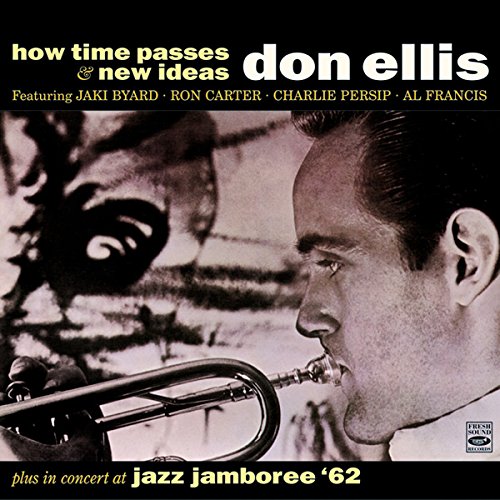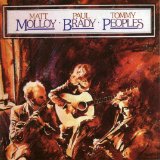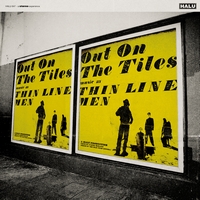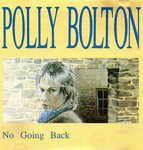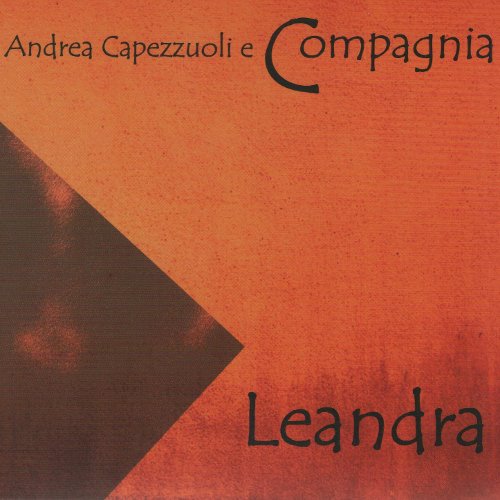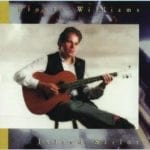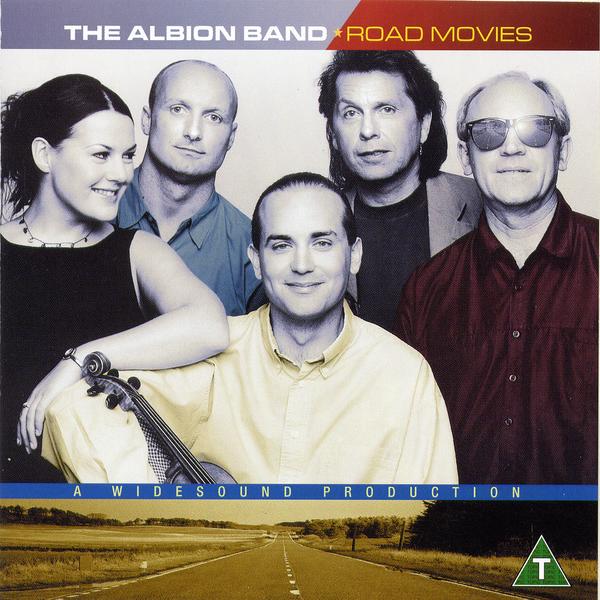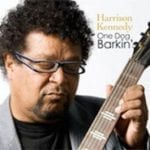Don Ellis – How Time Passes & New Ideas – 2CD
€20,00 €15,73
Description
Despite wide experience with several name bands, Los Angeles-born Don Ellis (1934-1978) was almost unknown before he joined George Russell’s highly experimental sextet early in 1961, and it was his achievements as a composer and trumpeter that saw his emergence as a leading jazz “new wave” figure.
In this he found a kindred spirit in fellow avant gardist, pianist Jaki Byard, whom he met in Maynard Ferguson’s 1959 band, and who was part of two stimulating albums Ellis made that broke with traditional jazz practices. The first, the marvelous, controversial How Time Passes, was marked by provocative writing and improvising as Ellis used strong group discipline and the 12-tone row in the search for new expressive areas in jazz. The second, New Ideas (1961), was an exhilarating and compelling embrace of an even wider range of moods notable for the freshness, ingenuity and striking originality of its conception.
Both albums employed only original Ellis compositions (with one by Byard). In contrast, the remaining performances feature Ellis mostly on standards. Recorded live at the fifth International Jazz Jamboree in Warsaw in 1962, all but two were released as part of Jazz Jamboree 1962. Backed by a Polish trio and, on one piece, a large orchestra, they show Ellis’s prowess as a trumpeter. Regardless of context, he remains a modern among moderns, capturing on trumpet the amalgam of modernity and humanity that ranks him with Dizzy Gillespie and Miles Davis.
Track Listing:
CD 1
1. How Time Passes (Ellis) - 6:26 2. Sallie (Ellis) - 4:35 3. A Simplex One (Ellis) - 4:14 4. Waste (Byard) - 8:09 5. Improvisational Suite Number One (Ellis) - 22:19 6. Natural H (Ellis) - 4:34 7. Despair to Hope (Ellis) - 4:21 8. Uh-Huh (Ellis) - 8:16 9. Four and Three (Ellis) - 5:05 10. Imitation (Ellis) - 7:58
CD 2
1. Solo (Ellis) - 2:17 2. Cock and Bull (Ellis) - 7:07 3. Tragedy (Ellis) - 5:12 4. Soloes (Ellis) 14:02 5. What Is This Thing Called Love? (Porter) - 6:22 6. Lover (Rodgers) - 6:25 7. Now’s the Time (Parker) - 4:17 8. Some Place Else (Ellis) - 8:52 9. Nihil Novi (Trzaskowski) - 21:58
Sources:
CD 1 - Tracks #1-5, from the album "How Time Passes" (Candid LP9004)
CD 1 - Tracks #6-10 and CD 2 #1-3 from the album "New Ideas" (New Jazz NJLP 8257)
CD 2 - Tracks #4-7, from the 10-inch album "Jazz Jamboree 1962, Vol. 1" (Muza L 0394)
CD 2 - Tracks #8 & 9 previously unissued
Personnel on "How Time Passes":
Don Ellis, trumpet; Jaki Byard, piano, alto sax; Ron Carter, bass; Charlie Persip, drums.
Recorded at Nola Penthouse Sound Studios, New York City, October 4 & 5, 1960
Personnel on "New Ideas":
Don Ellis, trumpet; Al Francis, vibes; Jaki Byard, piano except on #7 & 9; Ron Carter, bass except on #7; Charlie Persip, drums except on #7.
Recorded at Van Gelder’s Studio, Englewood Cliffs, NJ, on May 11, 1961
Personnel on "Jazz Jamboree 1962":
Don Ellis, trumpet; Wojciech Karolak, piano; Roman Dylag, bass; Andrzej Dabrowski, drums.
Recorded at National Philharmonic Concert Hall, Warsaw, Poland, on October 27, 1962
Personnel on #9:
National Philharmonic Chamber Orchestra, directed by Andrzej Markowski, added.
Recorded at National Philharmonic Concert Hall, Warsaw, Poland, on October 29, 1962
Original recordings supervised by Nat Hentoff (Candid), Esmond Edwards (Prestige/New Jazz) and produced by the Jazz Jamboree ’62 (Muza)
Sound Engineers: Bob d’Orleans (Candid); Rudy Van Gelder (Prestige/New Jazz)
Compiled for CD release by Jordi Pujol
Reviews:
-How Time Passes
"Trumpeter Don Ellis' initial recording as a leader (and first of four small group dates from the 1960-1962 period) found him stretching the boundaries of bop-based jazz and experimenting a bit with time and tempo. Teamed up with Jaki Byard (who doubles on piano and alto), bassist Ron Carter and drummer Charlie Persip, Ellis (whose sound was already pretty distinctive) performs four of his unusual originals (including the 22-minute "Improvisational Suite #1") plus Byard's "Waste." Although these musical experiments failed to be influential (Ellis himself went in a different direction a few years later), the unpredictable music is still quite interesting to hear."
-New Ideas
"On this 1961 quintet set for Prestige (with vibraphonist Al Francis, pianist Jaki Byard, bassist Ron Carter, and drummer Charlie Persip), Don Ellis experiments with time, new chord structures, and free improvisation; a highlight is his brief unaccompanied workout on the free-form "Solo." Ellis, who switches to piano during part of "Tragedy," already had a sound of his own, although he would change the direction of his music within a few years. Even over 40 years later, his thoughtful musical experiments of the early '60s are often quite fascinating to hear."
Both by Scott Yanow -All Music Guide

